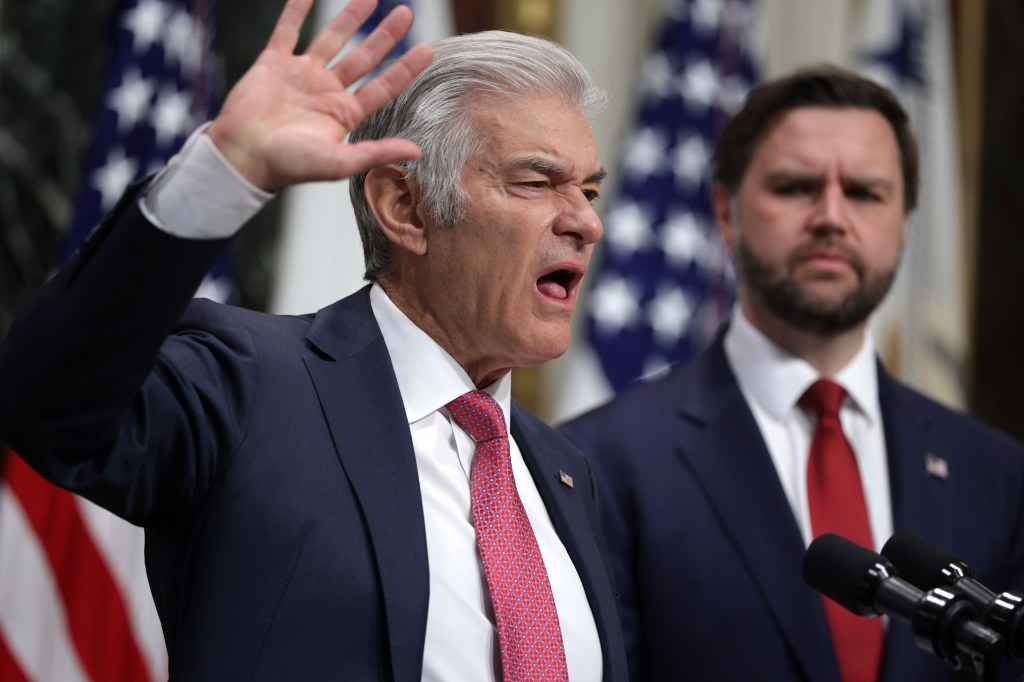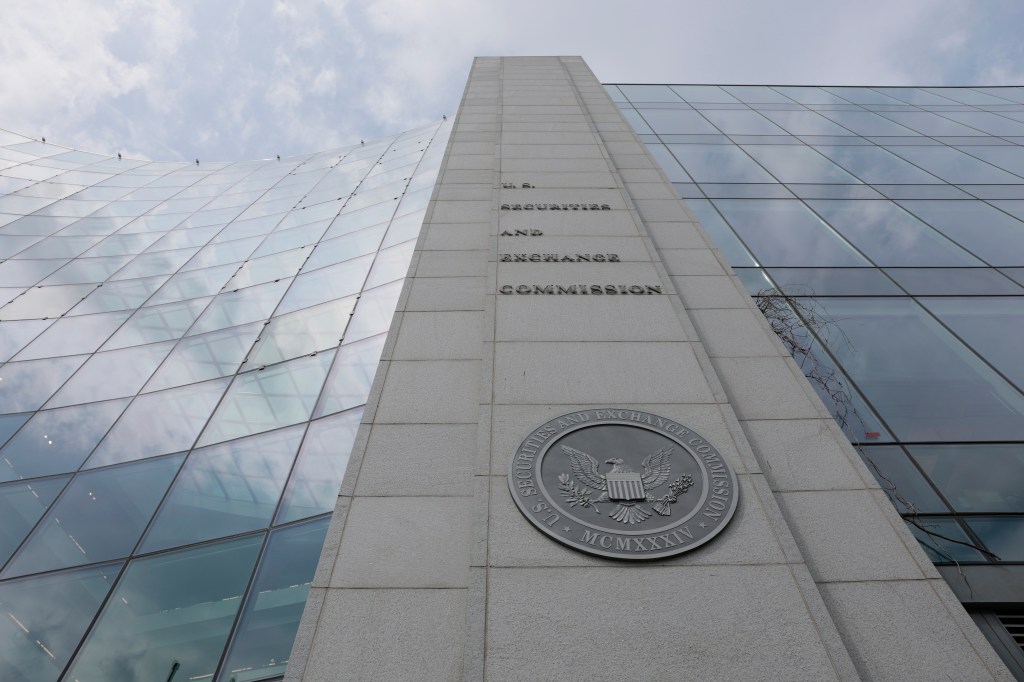The International Sustainability Standards Board (ISSB) has released an Exposure Draft proposing targeted amendments to greenhouse gas emissions disclosure requirements under the IFRS S2 Climate-related Disclosures standard. The comment period on the Exposure Draft is open until June 27. In this post, we discuss the proposed amendments and related consultation
In
Register for free to keep reading
To continue reading this article and unlock full access to GRIP, register now. You’ll enjoy free access to all content until our subscription service launches in early 2026.
- Unlimited access to industry insights
- Stay on top of key rules and regulatory changes with our Rules Navigator
- Ad-free experience with no distractions
- Regular podcasts from trusted external experts
- Fresh compliance and regulatory content every day














